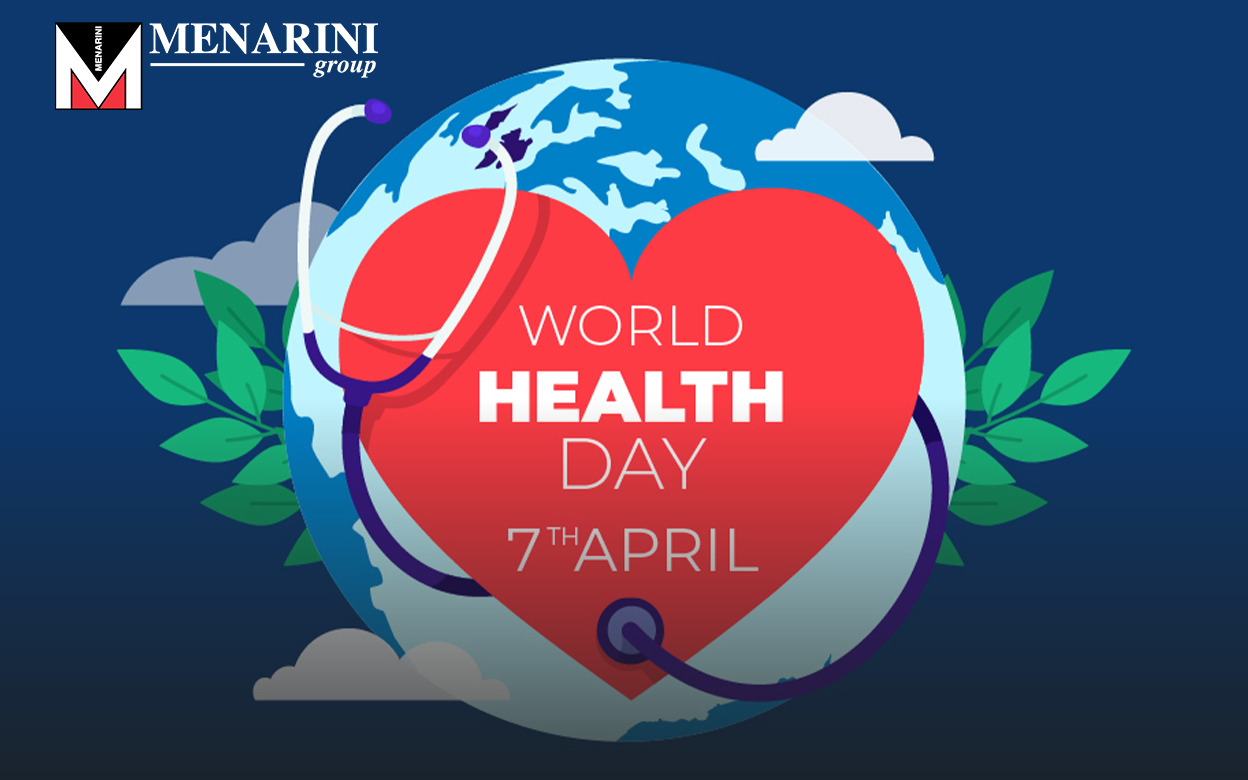World Health Day 2025: Did you know that approximately one preventable death occurs every 7 seconds?

World Health Day was established by the World Health Organization (WHO) in 1950 to raise awareness of the world’s most pressing health issues. Each year, WHO selects a specific theme to foster discussion on key issues related to global health and well-being.
Held annually on April 7, World Health Day is an important occasion to reflect on the progress needed to ensure the right to health: every individual should have access to essential health care, regardless of economic, geographic, or social barriers.
The theme for the 2025 edition is Healthy beginnings, hopeful futures, a call for governments and the global health community to intensify efforts to end preventable maternal and newborn deaths and to prioritize the long-term health and well-being of women.
Each year, approximately 300,000 women die from complications related to pregnancy or childbirth. Over 2 million newborns die within their first month of life, and millions more are stillborn. On average, this equates to one preventable death every 7 seconds.
Behind every number is a life cut short, a grieving family, and a future that never had the chance to begin. These alarming statistics force us to confront a painful truth: despite medical advances, maternal and neonatal health remains a field where inequality and lack of access to care still claim too many lives. World Health Day 2025 aims to spotlight this issue and stress the urgency of ensuring that every new life begins with hope and health.
Looking at current statistics, there remains a significant gap in achieving maternal and newborn survival targets by 2030: 4 out of 5 countries are currently off track. This isn’t just a numerical concern—it’s a stark reminder of how much still needs to be done to ensure proper care for every woman and child, everywhere.
The leading causes of these deaths are often linked to known obstetric complications, but also to mental health conditions, noncommunicable diseases, and lack of family planning. Behind every preventable death lie profound social and economic inequalities. In low-income countries, the risk of maternal or neonatal death is dozens of times higher than in high-income nations. In addition, humanitarian crises, conflicts, and climate change further worsen the situation, making it harder for millions of women and children to access the care they need.
The issue of antimicrobial resistance (AMR) in maternal and neonatal health
An increasingly critical issue is the growing threat of antimicrobial resistance (AMR), now one of the emerging causes of maternal and neonatal mortality. A 2019 study estimated that 140,000 neonatal deaths were directly attributable to drug-resistant bacterial infections. This figure is particularly alarming considering that neonatal sepsis affects up to 3 million newborns each year, with a high incidence in low- and middle-income countries (LMICs).
In the United States, sepsis is the second leading cause of pregnancy-related death, with an estimated 30,000 women and 40,000 newborns dying annually from severe infections during or shortly after childbirth—many of which are linked to drug-resistant strains.
The problem is further compounded by the fact that infants and newborns, due to their immature immune systems, are especially vulnerable to severe infections. According to a study by Think Global Health, one in five AMR-related deaths in 2019 involved a child under five. Pregnant women are also more susceptible to hard-to-treat infections due to physiological changes and the need for medical interventions during pregnancy.
In hospital settings, particularly in LMICs, the situation is even more concerning. A 2024 systematic review found that approximately 30% of hospitalized newborns in LMICs are colonized with third-generation cephalosporin-resistant bacteria, and 2.6% with carbapenem-resistant bacteria, two antibiotic classes considered as last-line antibiotics. The main risk factors include hospital birth, neonatal antibiotic use, and prolonged rupture of membranes.
These findings highlight the urgent need to strengthen infection control and antimicrobial stewardship programs in maternity and neonatal units, especially in low-resource settings.
On the occasion of World Health Day, Menarini reaffirms its commitment to the fight against antimicrobial resistance, as highlighted in its communication campaigns and official website. This commitment is twofold: on one hand, raising awareness globally, and on the other, supporting research and access to effective and timely care, particularly for the most vulnerable populations.
For over a century, Menarini has been committed to patients and communities through innovative therapeutic solutions and health education projects that aim to improve quality of life for all.
The values shared with World Health Day drive the entire Group to work daily toward a future in which health is a universal right, not a privilege.
